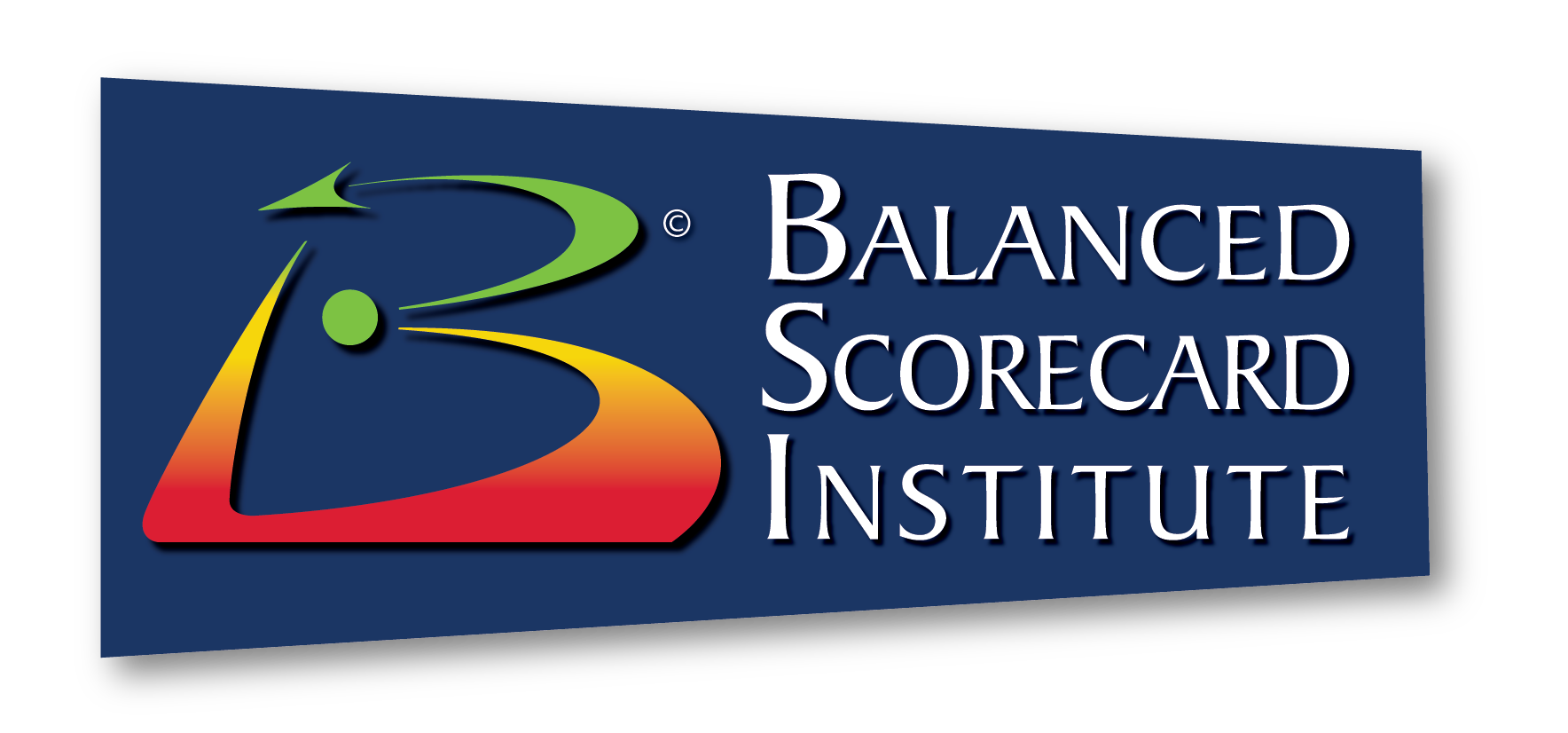Human Resource (HR) departments face unprecedented challenges. From the rise of remote work to intense competition for talent, traditional approaches to human resources management are no longer sufficient. One powerful solution gaining traction is implementing a balanced scorecard tailored explicitly to the HR strategy. Let’s explore why this approach has become essential.
The Modern HR Challenge Landscape
Today’s HR leaders are navigating a perfect storm of challenges:
1. Talent Acquisition and Retention
With unemployment rates at historic lows in many sectors, attracting and keeping top talent has become extraordinarily difficult. Companies compete not just on compensation but on purpose, flexibility, and development opportunities.
2. Digital Transformation
HR processes are undergoing rapid digitization, requiring new skills, systems integration, and data-driven approaches that many departments struggle to implement effectively.
3. Employee Experience
As expectations shift, particularly among younger workers, HR must create meaningful experiences that engage employees beyond traditional benefits packages.
4. Strategic Alignment
HR departments often struggle to demonstrate their direct impact on business outcomes, leading to underinvestment and marginalization in strategic decision-making.
These challenges have exposed a fundamental truth: HR needs better mechanisms to align its activities with overall business strategy and quantitatively measure its contributions.
Enter the HR Balanced Scorecard
The balanced scorecard approach provides a framework to transform HR departments’ operations and demonstrate value. When adapted for HR, this approach delivers several critical benefits:
1. Strategic Alignment
A well-designed HR Balanced Scorecard directly links people initiatives to business objectives, ensuring that HR activities drive organizational success rather than operating in isolation.
2. Comprehensive Measurement
Traditional HR metrics focus exclusively on efficiency (cost-per-hire, time-to-fill). A balanced scorecard expands this view to include customer perspective (employee satisfaction), internal processes (quality of hire), and learning and growth (skill development).
3. Forward-Looking Indicators
Unlike traditional HR reporting, which focuses on lagging indicators, a balanced scorecard incorporates predictive metrics, allowing for proactive management.
4. Executive Communication
The scorecard provides a powerful tool for communicating HR’s strategic impact in the language of business results that resonates with C-suite executives.
Implementing the HR Balanced Scorecard
Creating an effective HR Balanced Scorecard requires considering the impact across four key perspectives:
- Financial Impact: How does HR contribute to economic performance? Metrics might include revenue per employee, return on training investment, or labor cost ratio.
- Customer Impact: HR’s primary customers are employees and stakeholders. Relevant metrics include employee engagement scores, internal service satisfaction, and manager effectiveness ratings.
- Internal Process Impact: How efficiently and effectively are HR processes performed? Consider metrics like quality of hire, recruiting efficiency, and policy implementation effectiveness.
- People, Capability & Capacity Impact: How is HR building capabilities for the future? Metrics include succession planning effectiveness, leadership bench strength, and HR team capabilities.
The Path Forward
Organizations implementing HR Balanced Scorecards gain a significant competitive advantage through better-aligned human capital strategies. They make more informed investments in people initiatives and can demonstrate HR’s contribution to organizational success.
As we move further into an economy where human capital is the primary source of competitive advantage, strategically managing and measuring HR’s impact becomes valuable and essential. The balanced scorecard approach gives HR leaders the framework to rise to this challenge and truly earn their seat at the strategic table.
Are you ready to transform how your HR department delivers and demonstrates value? The Balanced Scorecard for HR might be your most powerful tool for navigating the complex challenges of modern human resources management.
Contact us to learn more on how to implement a balanced scorecard into your HR.
Adam is a Senior Consulting Associate of Strategy Management Group/Balanced Scorecard Institute and a business strategy and digital transformation leader with over 15 years of consulting experience driving solutions and has served in management & leadership positions. Adam has a history of solving challenging, global process problems by applying appropriate agile and lean adaptive frameworks to drive recommendations. In addition, he has led various collaborative projects that made his recommendations a reality.


